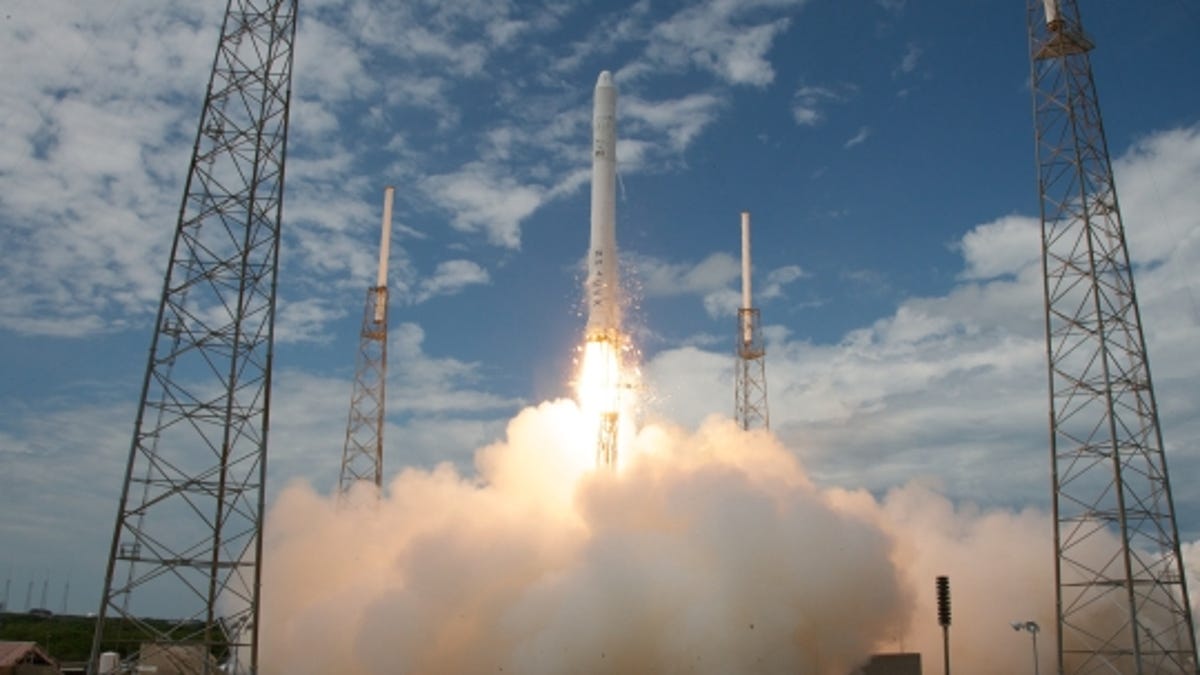All aboard for Mars, just $500,000 a ticket
SpaceX founder Elon Musk tells the BBC that he's figured out a way to get passengers to the Red Planet for just half a million dollars each and that he'll unveil his plan soon.

Not long ago, word leaked of a plan that could take anyone with an extra $150 million on a trip around the moon. So SpaceX founder Elon Musk's assertion today that he hopes to be able to take people on a round-trip to Mars for $500,000 signals a much better deal.
Musk told the BBC that he expects to unveil details of his plans sometime later this year or in early 2013. Essentially, though, Musk believes that with its Falcon 9 launcher and Dragon spacecraft, SpaceX may already have the base infrastructure in place that could get paying passengers to the Red Planet some day.
And while travel to Mars has long been a major target of space enthusiasts--and was inexplicably part of former U.S. president George W. Bush's long-term plans--such voyages have so far remained the province of science-fiction.
But Musk has built SpaceX into a company that defies standard thinking about what's possible to do with rockets and already has inked a contract with NASA to ferry cargo to the International Space Station. So while taking paying passengers to Mars would surely be a significant leap forward, Musk--who also founded and heads up the Silicon Valley electric car company Tesla--can be forgiven for having grand ambitions.
Musk told the BBC that SpaceX's technological breakthroughs focus on drastically reducing the costs of launches and that the company's key innovations may indeed make (relatively) affordable tourism to Mars a reality in 20 years or so:
My vision is for a fully reusable rocket transport system between Earth and Mars that is able to re-fuel on Mars--this is very important--so you don't have to carry the return fuel when you go there.
The whole system [must be] reusable--nothing is thrown away. That's very important because then you're just down to the cost of the propellant.
We will probably unveil the overall strategy later this year in a little more detail, but I'm quite confident that it could work and that ultimately we could offer a round trip to Mars that the average person could afford - let's say the average person after they've made some savings.
Of course, the half-million-dollar price tag for a trip to Mars is not likely to be the initial cost. More likely, it would start out as a phenomenally expensive ticket and then drop as economies of scale kick in over a number of years. As the science-fiction site io9 put it, "Musk says it would take just ten to fifteen years for the system to be mature enough that the price could come down to that relatively low number. As such, the first $500,000 ticket might buy you a seat on a launch in around 2040, with say 2060 being the upper limit if this all actually happens but hits some snags and delays in the process."

